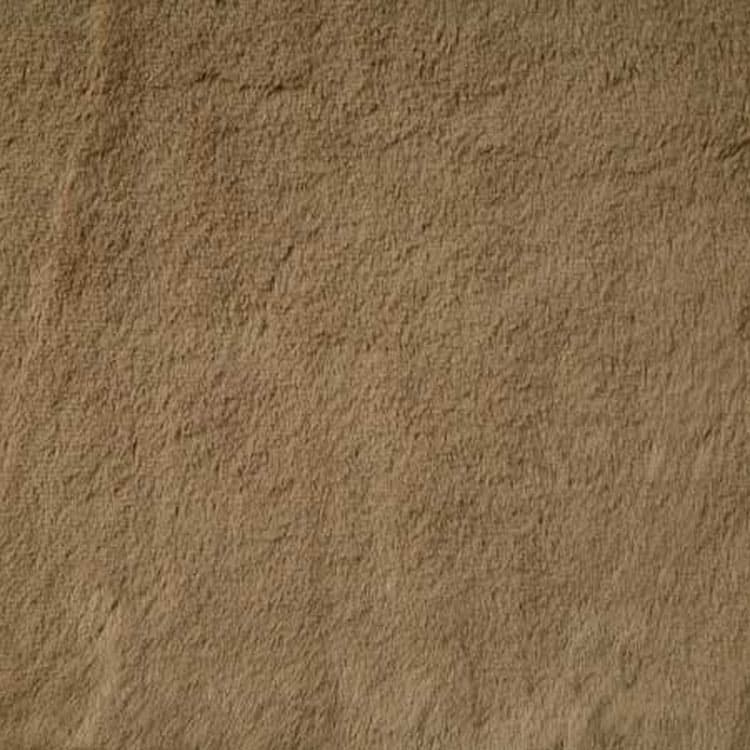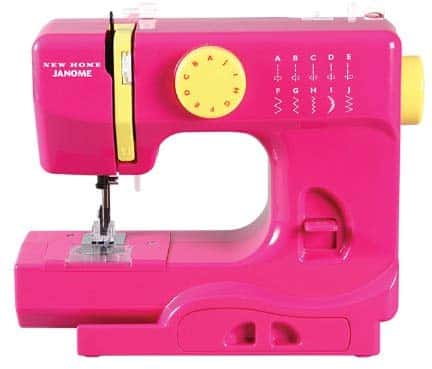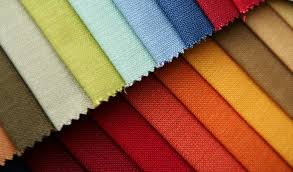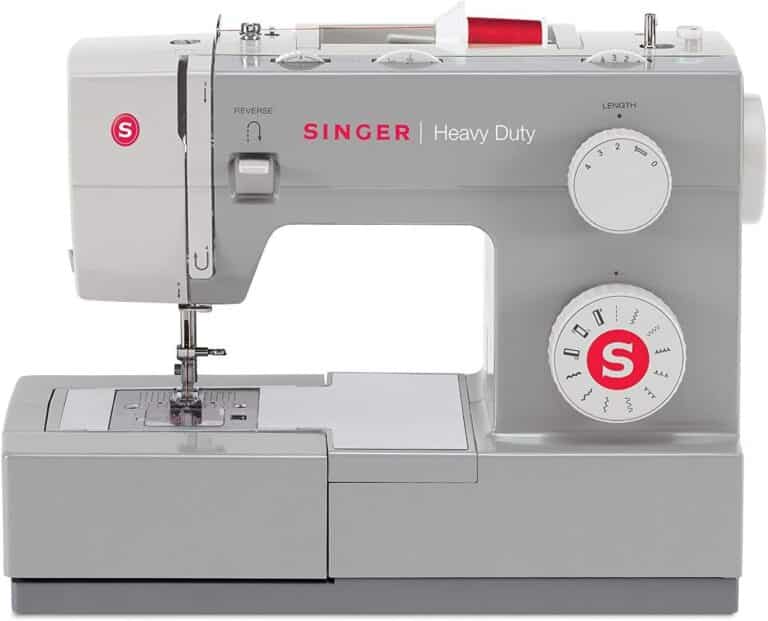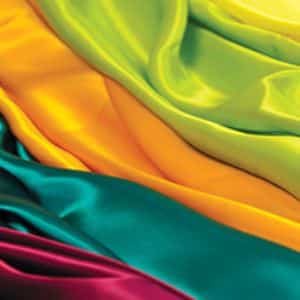Acrylic Fabric: History, Properties, Uses, Care, Where to Buy
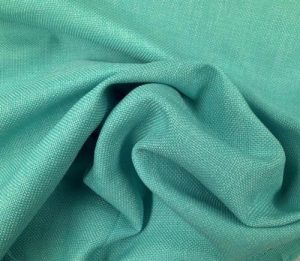
As the name suggests, Acrylic Fabric is a synthetic polymer made from acrylonitrile. You don’t have to be a chemistry expert to identify that Acrylic Fabric is the least breathable textile and not at all advisable to be used for your day to day clothes.
In more simplified terms, Acrylic Fabric is made from plastic threads that are chemically created from fossil fuels.
| Topic | Summary |
|---|---|
| History of Acrylic Fabric | Acrylic fabric was experimentally manufactured in the late 1940s, quickly replacing wool as a cheaper option. Concerns about its environmental impact were raised in the 1970s. |
| Properties of Acrylic Fabric | – Tenacious and flexible – Resistant to acids and bleach – Not affected by insect attack |
| Uses for Acrylic Fabric | – Apparel: sweaters, mittens, pants, etc. – Homeware: rugs, carpets, curtains, etc. – Props and Costumes: fancy and customized props, sportswear – Knitting Material: an alternative to wool – Industrial Use: highly durable for industrial purposes |
| Caring for Acrylic Fabric | Wash with warm water, use fabric softener, sew any rips by machine. |
| Where to buy Acrylic Fabric | Recommended retailer: https://amzn.to/4b6kxLB |
| Sources | Not specified |
| Recommended Reading | Chapters on sewing essentials, sewing machines, setting up a sewing room, sewing basics, and fabric store tour. |
Table of Contents
History of Acrylic Fabric
Like all other synthetic fabrics, Acrylic fibers were manufactured experimentally in the late 1940s by an American DuPont Corporation. It soon became notable and was quickly replaced by wool as a cheaper and convenient option.
Though in the 1970s, the environmental impact was evaluated, and concerns were raised, but the Acrylic Fabric’s market had expanded vastly. You may own many garments and items you deem necessary, made of this fabric, but would be oblivious of the adverse effects it has on the environment.
Properties of Acrylic Fabric
Acrylic Fabric is known as cheap wool. It has many other unique properties:
Tenacious and Flexible:
Acrylic Fabric is relatively more elastic than other materials, and it can resist high pressures and strenuous stretched before it rips. You can design your gym clothes for it and more around in it freely, without any fear of snag.
Resistant to Acids and Bleach:
Though this Fabric is flammable, it is sturdy enough to withstand the corrosive effect of bleach and acid. It has excellent stability towards reactive chemicals.
Not Affected by Insect Attack:
As this fabric is hydrophobic, it repels water and avoids the growth of bacteria, and many Fabric attacking insects also steer clear of Acrylic. So, you wouldn’t have to worry about insect ripping your apparels!
Uses for Acrylic Fabric
Let’s review some unmatched uses of Acrylic Fabric:
Apparel:
Acrylic Fabric is popular among the apparel manufactures and they produce many items with this Fabric: sweaters, mittens, pants, gloves, hoodies, and other garments that could keep you warm and curled up in a chilly winter season.
Homeware:
Acrylic is sturdy and suitable for long-term use, so it is a popular material in the manufacturing of rugs, carpets, curtains, mats, upholstery, and other products that were earlier made only with wool.
Props and Costumes:
Acrylic Fabric imitates some properties of cotton fabric too. But it needs to be processed in a slightly different manner. With that type of Acrylic, Fabric designers tailor fancy and customized props and even costumes. It is also ideal for sportswear.
Knitting Material:
This is one of the most eminent applications of Acrylic Fabric. Many old-fashioned people still prefer the feel of wool and needle entangled in their hands, but trust us when we say Acrylic is very similar to wool.
You can use this as a cheap option available for wool to master your knitting skills. This Fabric’s color doesn’t fade away, and it can be ideal for low budget knitting projects.
Industrial Use:
If you are a chemist or know the industrial functioning, you will be familiar with the rising demand for Acrylic Fabric due to its composition; it is made up of carbon fibers. It is highly durable, which makes it eligible for industrial use.
Caring for Acrylic Fabric
It is easier to take care of Acrylic Fabric garments in comparison to other fabrics’ items. Make sure you wash them with warm water and use fabric softener to avoid the risk of tear or roughness in the apparels.
The fibers of this Fabric are sturdy and resistant to most dangerous things, so you don’t have to worry about maintenance much. In case of rip sew by machine, and you will be good to go!
Where to buy Acrylic Fabric
We recommend buying Acrylic fabric at https://amzn.to/4b6kxLB.
Sources:
- Textile Learner
- Sewport
- Wikipedia
- Natural Clothing


